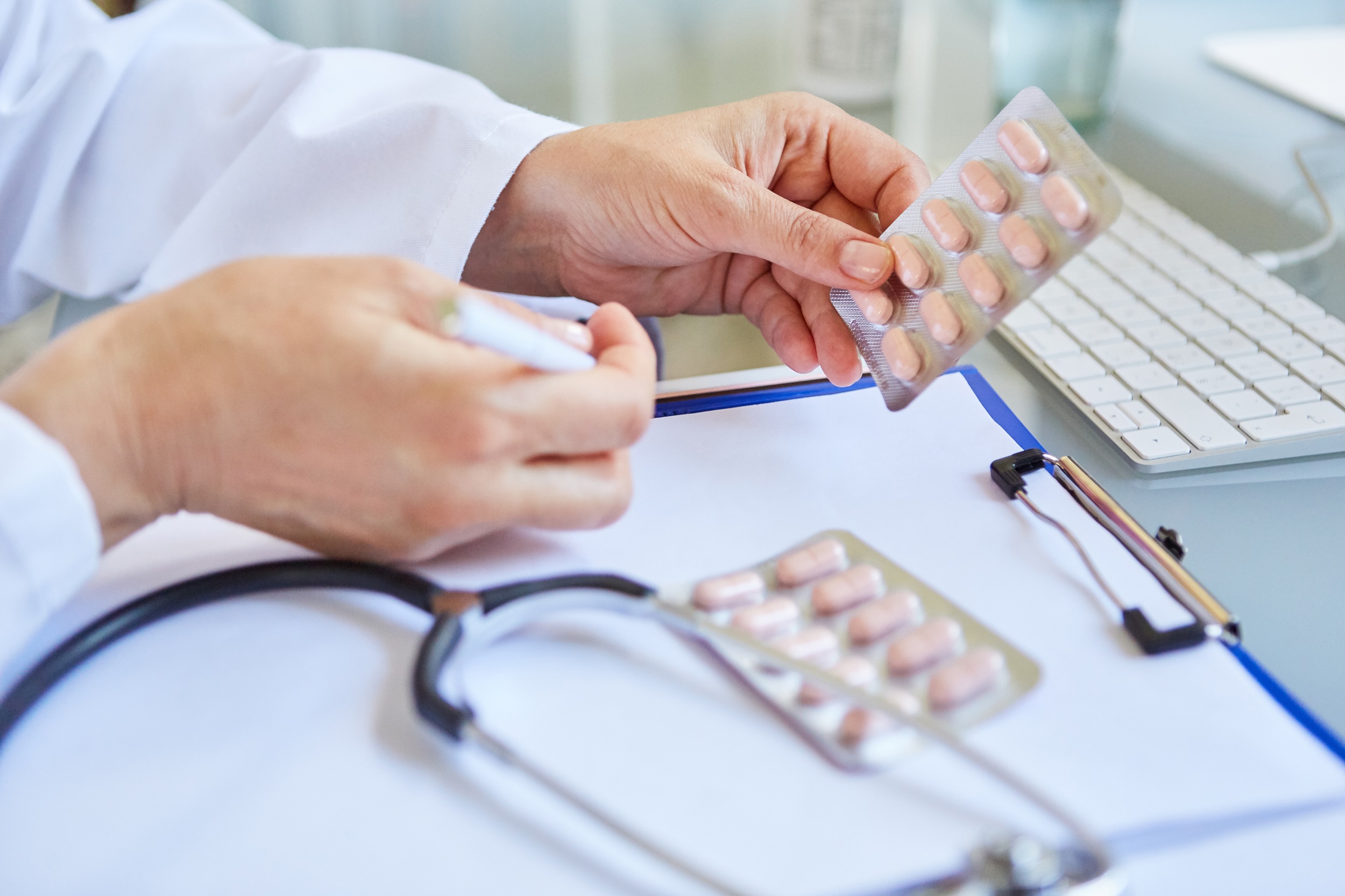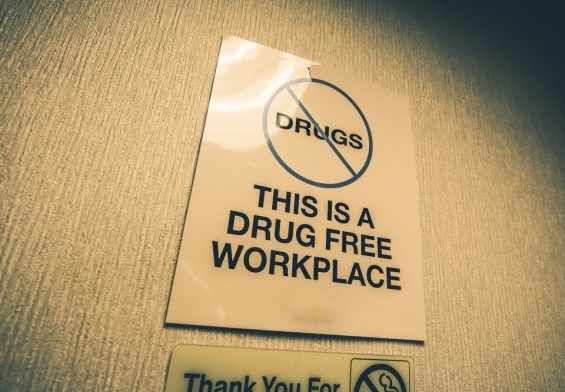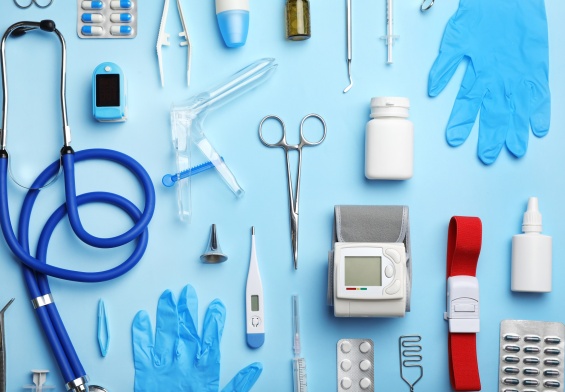The regulation of drugs in the United States is a crucial part of the country’s lifeblood that keeps the medications available to the public safe, effective, and high-quality. The main forces behind drug regulation in the United States are the Food and Drug Administration (FDA), the Drug Enforcement Administration (DEA), and various state-level agencies. This article will discuss the roles and responsibilities of these bodies, the key legislation governing drug regulation, and the challenges faced in this ever-evolving field.
Overview of Drug Regulation in the United States
Drug regulation in the United States has a long history filled with significant legislation meant to protect public health. The Pure Food and Drug Act of 1906 was the first major federal law regulating food and drugs, but today’s version of drug regulation in the United States was built upon the Federal Food, Drug, and Cosmetic Act (FD&C) of 1938. The FD&C Act was created in response to a tragic incident in 1937, when a medication that had not gone through any safety testing, Elixir Sulfanilamide, killed at least 100 people.
Later amendments, like the Kefauver Harris Amendment of 1962, gave the FDA more authority to regulate drugs in the US. This amendment required drug manufacturers to prove their drugs are safe and effective before the FDA would approve them for public use.
The Role of the Food and Drug Administration
The FDA is the primary agency behind drug regulation in the United States. Its responsibilities include the approving new drugs, performing FDA post-marketing surveillance for continued safety, and enforcing laws related to drug manufacturing and labeling.
Approval of New Drugs
The FDA drug approval process is quite rigorous, involving several rounds of clinical trials to make sure new medications can be used by the public safely and effectively. This process takes data from laboratory and animal testing, as well as clinical trials on human subjects into account.
Additional legislation like the Prescription Drug User Fee Act (PDUFA) of 1992, which lets the FDA collect fees from drug manufacturers submitting human drug applications, has gone a long way toward speeding up the review process while maintaining strict safety standards, avoiding personal injury from unsafe drugs.
Monitoring Post-Marketing Drug Safety
After a drug is successfully makes it through the FDA drug approval process, the government keeps monitoring how safe it is via FDA post-marketing surveillance programs. 2013’s Drug Supply Chain Security Act (DSCSA) lets the FDA trace and track prescription drugs throughout the supply chain, preventing the introduction of counterfeit or harmful drugs into the market.
Major Controversies
The FDA is often caught in the middle of debates over drug pricing and market exclusivity. For example, there’s been a lot of public outcry and calls for regulatory reforms in the United States over high drug prices. This highlights the issue of striking a balance between getting drugs approved quickly and having them undergo enough safety evaluations, most recently seen in the approval processes for COVID-19 vaccines and treatments.
The Role of the Drug Enforcement Administration (DEA)
While the FDA focuses on how safe and effective drugs are, the DEA is responsible for regulating controlled substances. The DEA enforces the Controlled Substances Act (CSA), which governs how drugs with potential for abuse are manufactured, distributed, and dispensed.
Scheduling of Drugs
Under the CSA, DEA controlled substances are classified into five schedules based on their potential for abuse, accepted medical use, and safety when under medical supervision. The higher their number on the schedule, the lower that drug’s potential for abuse. Schedule I drugs, such as heroin and LSD, are deemed to have a high potential for abuse with no accepted medical use, while Schedule V drugs have the lowest potential for abuse.
The DEA also oversees the quotas for production of these DEA controlled substances, making sure there’s enough of the drugs for medical use while preventing diversion and abuse with them.
State-Level Regulation
State level agencies also have a hand in drug regulation in the United States. State pharmacy boards provide licenses to pharmacists and pharmacies, regulating the practice of pharmacy, and overseeing compounding pharmacies.
Variations Among States
State laws can vary significantly in several areas, with medical marijuana providing a great recent example. Marijuana is legal for medical use in some states, both medical and recreational in others, while others still continue to prohibit it completely. Prescription monitoring programs (PMPs) are another example of state-level initiatives aimed at preventing drug abuse. These databases track the prescription and dispensing of controlled substances, identifying and preventing misuse of controlled substances when they’re prescribed, ensuring proper medication management.
Challenges and Future Directions
Emerging Issues
Some new challenges for the FDA and drug regulation in the United States as a whole include the regulation of biologics and biosimilars. Biologics are defined as a range of therapies and medications made from biological sources including living organisms. As such, different elements must be taken into account when regulating them compared to traditional small-molecule drugs. The Biologics Price Competition and Innovation Act of 2009 streamlined the approval pathway for biosimilars, which are biological products proven to be extremely similar to biologics already approved by the FDA. This way, the FDA increases competition and reduces costs.
Additionally, the opioid crisis remains a large threat to public health, prompting tighter regulations and enhanced oversight on opioid prescriptions. The FDA and DEA continue to come up with ways to fight opioid abuse, including educational programs for healthcare providers and patients.
Technological Advances
Pharmaceutical innovation, advancements in digital health technologies and telemedicine are evolving drug regulation in the United States. The use of real-world data for post-market surveillance allows the FDA to oversee the safety and effectiveness of drugs more efficiently. Additionally, the FDA has been looking at ways to integrate these technologies with its regulatory processes to keep pace with pharmaceutical innovation.
The Future of Drug Regulation in the United States
The regulation of drugs in the United States is handled by a mixture of federal and state agencies, each with specific roles and responsibilities. The FDA, DEA, and state pharmacy boards work together to make sure medications are safe, effective, and of high quality. As new challenges and technological advances emerge, these regulatory bodies must stay on top of them in order to protect public health and keep the pharmaceutical innovation going.
The future of drug regulation in the United States will likely see increased focus on personalized medicine, digital health, and global collaboration to keep up with the constantly shifting healthcare landscape.




